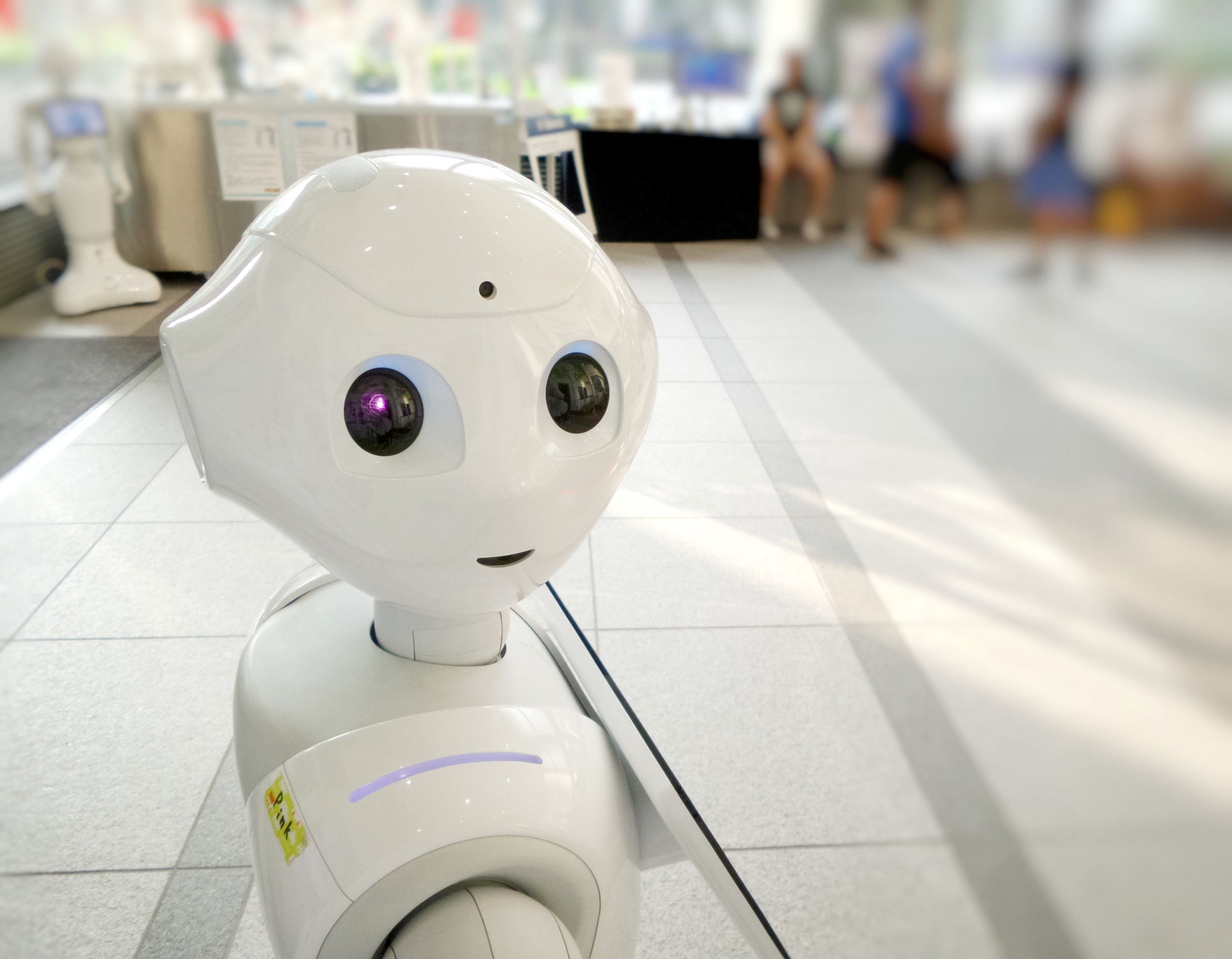Lara Anne Hale
Artificial intelligence (AI) is championed as being the future driver of business: everything from human resources to surgery is supposed to become perfectly effective. But what if AI actually becomes a culprit blocking the way forward for sustainability?
Bias in AI
An example, to get us started:
Bob and Joe are colleagues. They are work friends, and they share many of the same worldviews – as well as biases. They are jointly programming the algorithm for machine learning that will train an AI to behave as they expect it should. In a number of ways that are difficult to detangle: Bob and Joe’s Biases → Machine Learning → AI.
In a recent article in The New York Times, AI professionals explored how to push back against social bias, as it “can be reflected and amplified by artificial intelligence in dangerous ways, whether it be in deciding who gets a bank loan or who gets surveilled.” As Ola Russakovsky points out in the article, there are all kinds of bias in AI because it reflects the way our world already is. I’m here to point to one of those different kinds of bias – more specifically, institutional bias.
AI for Sustainable Building
In my day-to-day research, I’m regularly confronted with one such institutional bias in the building industry: cost savings and energy efficiency are more important than human well being. This long standing bias persists, despite whole cities filled with buildings that are harmful to health, hardly last beyond 25 years, and still do not achieve the desired energy performance. In trying the avoid dealing with lovely but complicated human beings, the building industry gets in the way of sustainable building.
After all, it’s only human. Or is it? There is increasing pressure for AI to be integrated into systems for both building construction and facilities management, though both applications perpetuate the bias for economic and energy efficiencies. Not surprisingly, this is what AI is meant for: to do what we already do, but better. So how can we innovate AI that does something that we don’t already do – for example, to consider more comprehensive sustainability?
Urban Tech and Co-Innovation
Yet, society is not fixed, and there are inspiring efforts to continuously innovate our industrial systems by bringing together established businesses and startups for problem solving. One well known example of this is the BMW Startup Garage in Germany. Last year, we saw the advent of such a program for the built environment here in Copenhagen, called Urban Tech, which will run three cycles from 2019 through 2021.
In the process of working with the 2019 VELUX Group – Foobot team on innovating AI for better indoor air quality, I was surprised to find that same institutional bias reflected from Foobot. The implications were that instead of training the AI to respond to people, their health and their needs – as academic and industrial research have indicated is critical for sustainable building – they focused the AI on energy efficiency. But ultimately, I found this to be an exercise of optimism.
Co-innovation gave us the opportunity to unhatch hidden elements of AI bias and to work together to figure out the next steps forward for bringing digitization and sustainability together in the built environment.
Sustainability Training for AI
Although there are calls to remove AI bias and to set up regulatory mechanisms to control for it, I wonder if either of these are feasible (a pondering shared in this WIRED Magazine article). AI is, after all, what we make of it. Though we cannot do what is not feasible, we can ponder what is desirable. In line with the voluntary integration of sustainability into corporate reporting, as well as building standards, what if we integrated sustainability considerations into frameworks for training AI?
Well, an android can dream…
Join and discuss these and related AI topics at the Reshaping Work’s AI@Work Conference in Amsterdam 5-6 March 2020. Lara will be presenting her work on “Faster horses: Collaborative AI innovation between incumbents and startups.”
About the author
Lara Anne Hale, Ph.D., M.Sc., Assistant Professor, Industrial Postdoc Fellow with CBS and VELUX. Lara conducts transdisciplinary research on sustainability in the built environment, including aspects of digital transformations, circularity, user-centered design, and systems thinking. Her current project focuses on business model innovation for smart buildings in the BLOXHUB Science Forum ‘Smart Buildings & Cities’ research group, supported by the Danish Innovation Fund and Realdania.
Read more by the same author
The Academic Smarts in the Smart City
Researchers in BLOXHUB seeking to improve indoor climate
Can Your Green Building Rub Off On You?
Need an SDG Solution? Hack it.
If at first you don’t succeed, build, build again
Photo by Franck V. on Unsplash.
